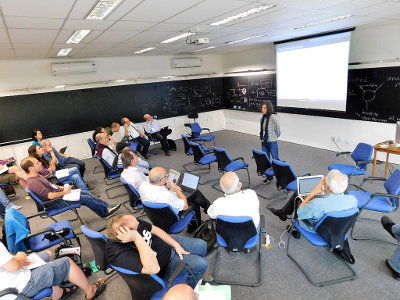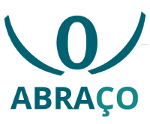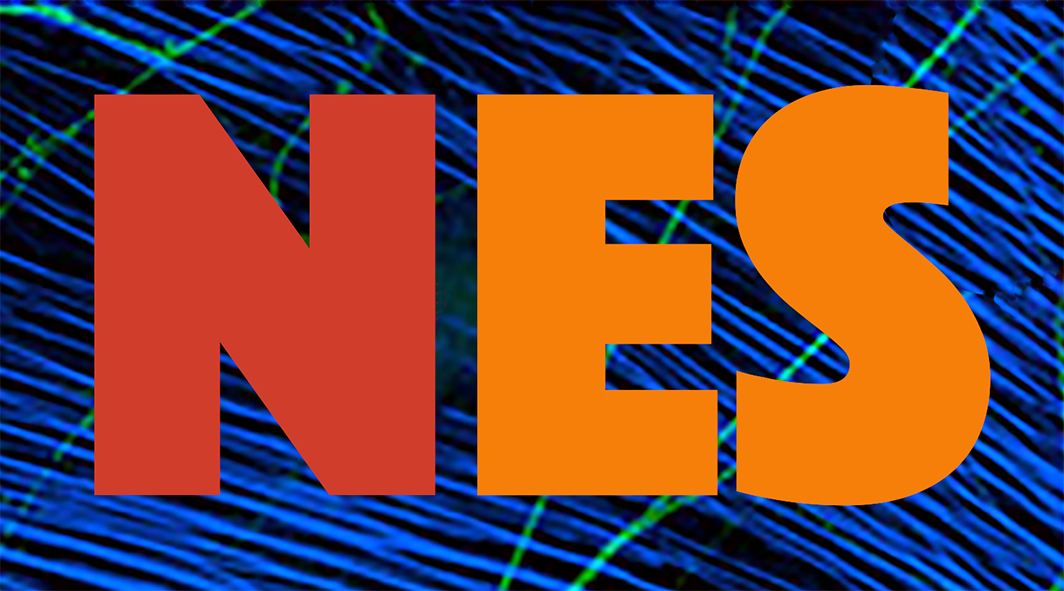
A NeuroMat reference site on brachial plexus injury
Newsletter | Nov 30, 2017
The Research, Innovation and Dissemination Center for Neuromathematics (RIDC NeuroMat) has launched a web portal for the ABRAÇO initiative to provide an easy-to-go reference point for updated, reliable information on the brachial plexus injury and research associated to this injury. ABRAÇO stands for NeuroMat Action for the Brachial Plexus Injury and is led by NeuroMat PI Claudia Domingues Vargas. The web portal associated to ABRAÇO is available at: abraco.numec.prp.usp.br.
Putting into discussion a research agenda: an assessment of the workshop on Random Structures in the Brain
Newsletter | Oct 31, 2017
 |
NeuroMat held from October 16 to 20 the workshop "Random Structures in the Brain," that brought together most team members for presentations and discussions on the work the center engages with and for an effort to frame and consolidate directions for the years to come. The workshop was attended by over 60 NeuroMat members, including principal and associate investigators, senior and junior researchers and students. Leonardo Cohen (NIH/NINDS) and Wojciech Szpankowski (Purdue University), from NeuroMat's international advisory board, as well as international guest speakers Markus Diesmann (Research Centre Jüllich) and William Lytton (State University of New York) took part in the event.
Aiming at new possibilities for the diagnosis of Parkinson's Disease
Newsletter | Sep 26, 2017
In the context of clinical activities of the Research, Innovation and Dissemination Center for Neuromathematics (RIDC NeuroMat), the Goalkeeper's Game appears as a potential resource for the diagnosis of Parkinson's Disease. A degenerative disorder of the nervous system, this disease affects 1% of the world population of over 65 years, according to the Association Brazil Parkinson. This work is part of the NeuroMat-led network AMPARO.
NES: a free software to manage data from neuroscience experiments
Newsletter | Aug 31, 2017
Neuroscientists perform complex experiments aiming to reach a more effective understanding about the functioning of the brain and the treatment of its pathologies. Each research laboratory uses different techniques and methodologies to produce and to analyze its findings. These experiments generate large volumes of data in diverse formats. Furthermore, with the increasing of the scale of research projects, many research laboratories are confronted with new technical (e.g. data size, quality control, analysis complexity, guaranteed reproducibility) and social (e.g. employee turnover, data sharing requirements) challenges. In addition, there is a lack of computational tools to document the experiments, to facilitate the electronic data capture, and to support reproducibility.
“Inside the Brain,” a NeuroMat-supported exhibition at the University of São Paulo Museum of Veterinary Anatomy
Newsletter | Aug 01, 2017
| NeuroCineMat |
|---|
|
Featuring this week: |
| Newsletter |
|---|
|
Stay informed on our latest news! |
| Follow Us on Facebook |
|---|




